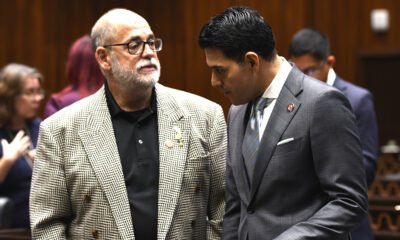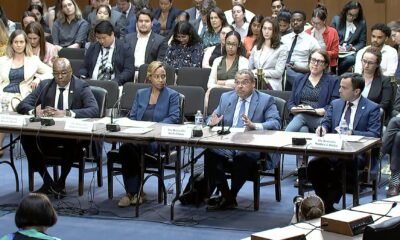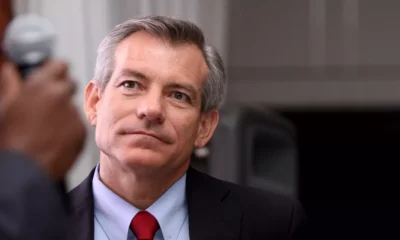arizona constitution
Daniel Adelman’s Battle to Defend Arizona’s Constitution

Daniel Adelman has led the Center for Law in the Public Interest since 2018, achieving notable victories such as litigation to prevent housing evictions during the pandemic and ensuring funding for critical school facilities. His recent efforts include contesting a controversial $15 million appropriation for the Prescott Rodeo. As he steps down, he expresses a desire for his successor to maintain a strong commitment to advancing justice through legal means.
Adelman, who joined the center’s board in 1994, was inspired to advocate for public accountability after witnessing the state’s unconstitutional funding of public schools. Through impactful litigation, he helped secure over a billion dollars for school improvements, emphasizing the vital role of evidence in legal challenges against misleading narratives about public school funding.
Despite these advancements, Adelman notes a concerning trend: adherence to constitutional laws has declined in recent years. He underscores the significance of transparent journalism in combating misinformation that threatens citizens’ rights. The current political environment casts doubt on established facts, making it crucial for legal professionals to ground their arguments in verifiable evidence.
Adelman finds the surge in conspiratorial thinking makes legal advocacy even more important. Misconceptions about public school funding can easily take root, but in court, the requirement for demonstrable evidence counters these claims. As Arizona’s funding practices often come under scrutiny, he argues the importance of accountability grows stronger.
The center’s pro-bono work is invaluable, enabling citizens without resources to challenge governmental actions. For instance, during litigation concerning the rodeo funding case, Adelman highlights the broader constitutional implications at play, stating that it’s not merely about funding for an event but about ensuring legislative compliance with the Arizona Constitution.
Adelman’s commitment to public service stems from his upbringing and family values. His parents were deeply engaged in community betterment, a legacy he aims to continue through both familial dedication and legal work. He believes in transforming the legal landscape to improve lives for others.
The outcomes of Adelman’s efforts are profound. For instance, his legal battles have not only rectified funding issues but also resulted in tangible improvements in communities, like expedited repairs for neglected school roofs. Testimonies reveal the stark realities behind public funding dilemmas, where often, the most vulnerable—children—pay the price for systemic failures.
As he prepares for his next chapter, Adelman reflects on his tenure as both rewarding and fulfilling. He plans to remain involved, especially as pivotal cases, such as those concerning educational finance, unfold. His vast experience positions him as a resource for those continuing this essential work.
Looking ahead, he anticipates a shift in focus towards personal interests, including music and art, while also cherishing time with family. The future holds possibilities for both professional and personal fulfillment, as he transitions from a full-time legal career to a more balanced lifestyle.


















